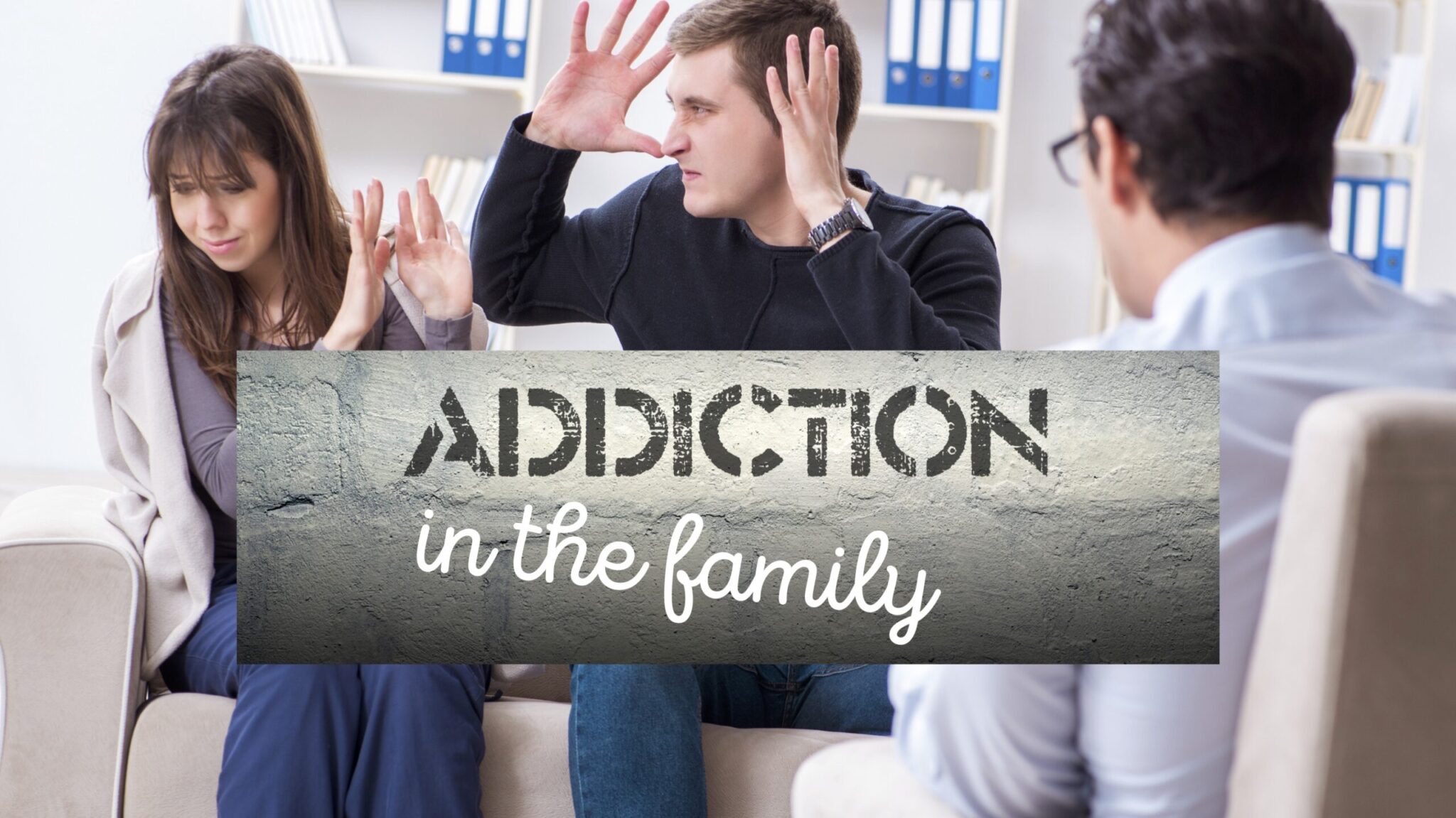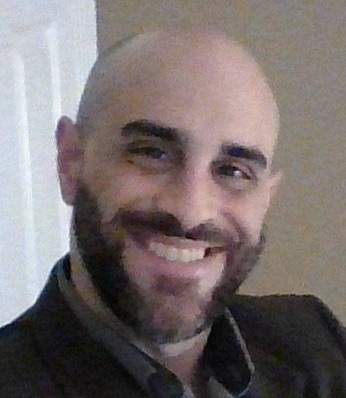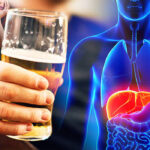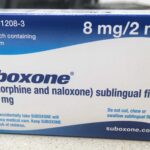When addiction lives under your roof, it’s a problem. Families find themselves in a battle they never thought they’d fight. Resources may available for help, but the stigma that addiction is a low-class thing that happens to low-class people is still a reality. But what’s that old saying? “Until you’ve walked a mile in someone’s shoes, don’t pass judgment upon them.”
Families who’ve never experienced addiction within their family might even be enabling the addict without realizing it. Active addicts are normal human beings, but their brains do not fire on all cylinders. Think of addiction as a disease of thought. They’ll target anyone under the same roof, (and beyond), until someone complies with their demands. When a family member enables an addict in their family, they’re helping them get their drug of choice, usually by giving them money or transportation to acquire their “medicine”. The balance of the family finances get thrown when an addict is living under the same roof. Lying, stealing and pawning of possessions is common. It’s critical to be vigilant when “helping” an addict financially. They will ask hundreds of times, if that’s what it takes to get their way. Assume every dollar they ask for is going to their drug of choice. You won’t be far off. Families with addicts under their roof can find themselves in credit card debt or heading down the spiral of payday loans.
For a glimpse of what your family member might be going through, let’s break down the addiction process. There are four levels a person churns through before they arrive at full-blown addiction. The first is the experimental stage. Here, a user “dips their toes” into one or more classifications of a drug. They will either enjoy the effect and continue on a dedicated path of using or they will not enjoy it, possibly deterred to never use drugs again. The experiment may result in someone using continuously, once in a while, or never.
After the experimentation stage, comes regular use and abuse. Here, the user is no longer “trying it out” or “dipping their toes”. The user knows exactly what they’re doing. They have thoughts such as, “I can control this, I can stop whenever I want to” but on an emotional and deeper level, they know this is potentially dangerous. Regular drug users will have an internal understanding about the potential risks and downsides. Instead of admitting it, they’ll hide. Denial is handy and powerful. It’s a regular user’s best friend.
The third stage is dependency and tolerance. Physically and psychologically, the user is now “hooked” on the drug. The brain in this stage is slowing down the production of naturally occurring chemicals. The reason for this is that it’s now getting boat loads of those chemicals from an outside source, the drug. This is the human brain’s reaction to a foreign chemical. This is the stage that the user truly realizes that he NEEDS the drug to do things that were once routine and ordinary. Using more and more to meet climbing tolerance levels heightens the chemical dependency. The user become more willing to venture into risky situations and take extraordinary steps, all for the quest of acquiring their drug of choice.
The fourth and final stage is the addiction stage itself. The addicted person now thinks, looks, and behaves like a completely different person. The drugs have changed the way they act and deal with everyday life. Now they are in full-blown addiction. Family members don’t recognize the person with the new personality. Living in active addiction, the user has just one purpose, one reason to take his next breath; the next one. They’ll scrimp, scrounge, beg, steal, cheat, and lie to get it. Whatever it takes. At any cost.
How do I know if a family member is abusing drugs?
Aside from testing them, you’ll need to look for the signs. They may have a reduced sense of hygiene and self-respect. Changes in the look of their skin, build, or teeth can indicate addiction. Being chronically broke, having trouble keeping a job, poor sleep habits, and just not seeming to care as much about the people around them as much, can all be signs.
Remember, addicts are people who are sick. During their active use, they don’t love themselves or care about anything besides getting their next high. It’s hard to watch but they are humans who deserve and are worthy of love and respect. If your family is lost or confused, please do something for them. It’s the best thing you can do. Get informed, talk with a counselor or a sober person, and whatever you do, NEVER give up on the people you love.
CareConnect USA manages the Rehab Helpline for Drugs and Alcohol. Counselors will discuss your questions and offer options for treatment. Call 877-467-4825.












